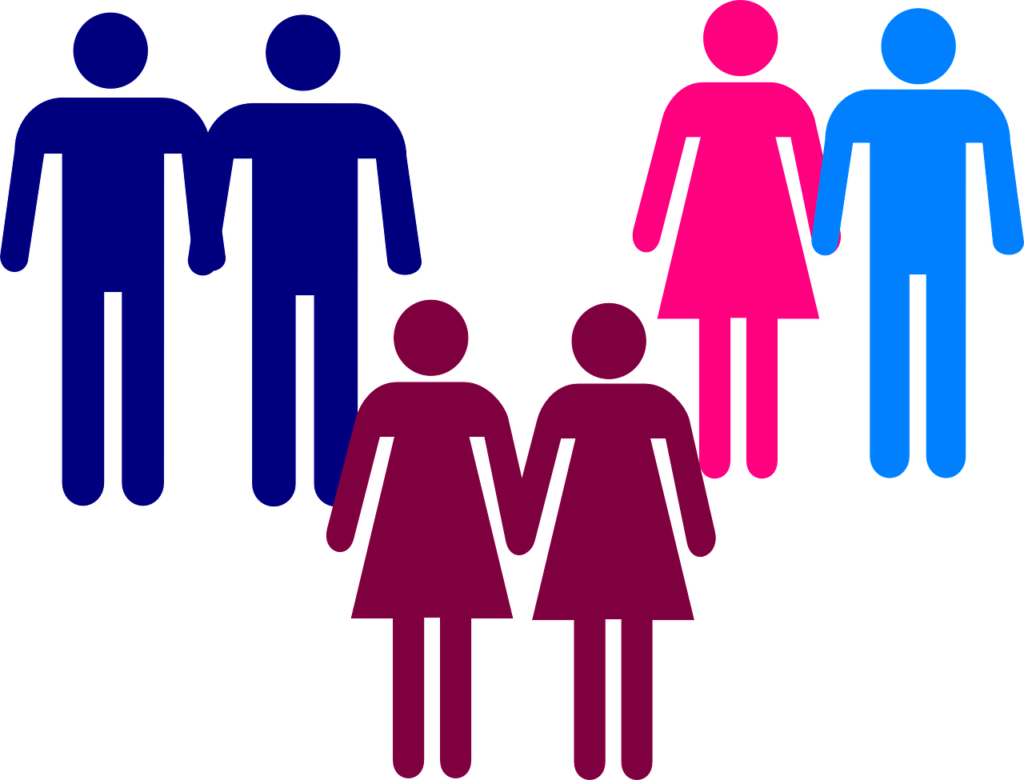
01 Jun LGBTQ+ Youth: At Greater Risk
Addiction can happen to anybody. However, certain people are at greater risk than others to succumb to addiction, and unfortunately, young people that identify as part of the LGBTQ+ community are at far greater risk than those who don’t. There are a number of factors that explain this greater risk, and the best addiction treatment is that which is well-tailored to the patient. Hiring a rehabilitation facility that can deal with the specific issues that your loved one is dealing with is very important for their quick recovery. At Florida Recovery Group, we understand the unique challenges that come with each demographic and their predispositions for various addiction risk factors.
Depression
Unfortunately for LGBTQ+ youth, the world hasn’t progressed enough at this point to rid itself of all stigma toward the LGBTQ+ community. Strict parents from a different generation may have a difficult time accepting their children for who they are, leading to devastating consequences like being kicked out of the house, cut off, or any number of hateful acts perpetrated by those closest to them. Because of this judgment that too often permeates the relationships of youth and their loved ones, LGBTQ+ youth can feel alienated and isolated without a proper support base who understands them. Finding a rehab center to help friends who you think may be dealing with issues that stem directly from lack of acceptance of their identity, such as depression, is very important for a swift recovery.
Wage Issues
Once again, unfortunately, in many states there are still not laws that protect LGBTQ+ people from being fired from their jobs, or not hired in the first place, on the basis of their sexual orientation or gender identity. Though this practice is highly discouraged and highly (and rightfully judged), it is still all too prevalent in the working world today. Because of this, LGBTQ+ people may have less money to spend on getting themselves help. And additionally, a lack of money could lead to issues like homelessness, a problem much more common for LGBTQ+ youth compared to other demographics, making services like help in finding sober halfway housing all the more important.
If you or someone you know may be struggling with rehabilitation, finding sober halfway housing, and any type of help with controlling addiction, consider the specific factors that may be at hand. Supporting them and their identity is one of the number one steps in the aiding a friend in ridding them of their addiction.





